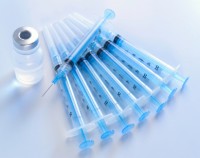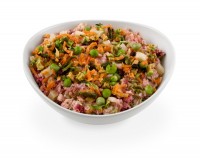
Welcome to the second installment of the One Question Interview series. Today’s answer is from Dr. Harvey Cohen, nutritionist and dog lover. Question: If you had the opportunity to communicate and teach one concept to all dog owners everywhere, what would it be and why? Answer from Dr. Harvey Cohen Feed fresh unadulterated food to […]


